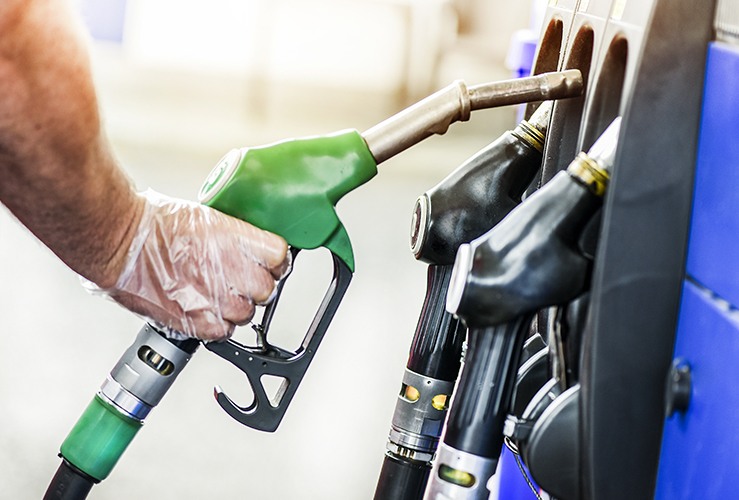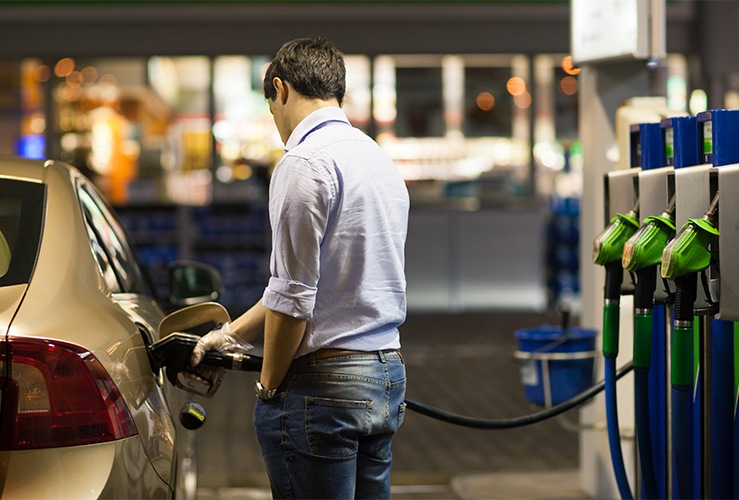Wondering if your car's engine will perform better if you upgrade to premium petrol or premium diesel? Well, it depends.

The world's oil companies are of course keen to maximise their profits, and one way they do this is by persuading you to pay a little more for 'premium' fuel. Such products also go by names such as V-Power and Nitro+, or otherwise contain the term 'high octane' in their promotional materials.
Premium petrol and diesel products have been designed for high performance cars, so if you own a 2003 Rover 75, for example, your engine is unlikely to benefit.
If you have something a little sportier, however, there may be tangible benefits to upgrading to premium, namely: better performance and potentially fewer engine problems over the long term.
Almost invariably, premium petrol will possess a higher 'octane' rating than normal petrol. The key chemical component of petrol is 'octane' - and the higher the octane, the more effective a fuel will be in a higher-compression engine (as found in a high performance car). Premium petrols have an octane rating of 99.
This petrol has an octane rating of 97/98, and is designed for higher performance cars.
Normal petrol - i.e. unleaded - has a 95 octane rating. Most cars built for the UK market have been calibrated to work best with 95 petrol.

In some countries the octane rating is lower than 95 and if you fill up your UK car with this then you may experience 'knocking' - a situation whereby the engine cylinder air-fuel mixture does not burn off fully. A rough sounding engine is the likely result, although prolonged use of lower octane fuel might eventually cause engine failure.
The same problem may occur if a high performance car uses normal 95 octane petrol when premium has been recommended.
Higher quality or premium diesel contains chemicals that reduce soot and oil build up in your engine. In most cases the octane rating is unchanged, since diesel engines doesn’t actively ignite fuel - instead they work by compressing air which heats to such a high degree that it ignites spontaneously.
The type of fuel you should use should appear on your filler cap. It will also be listed in your car's handbook. If you no longer have your handbook, you may be able to download a digital version from the manufacturer’s website. As a general rule of thumb, non-high performance cars use regular unleaded (95), and even high performance cars will run sufficiently well on it.





